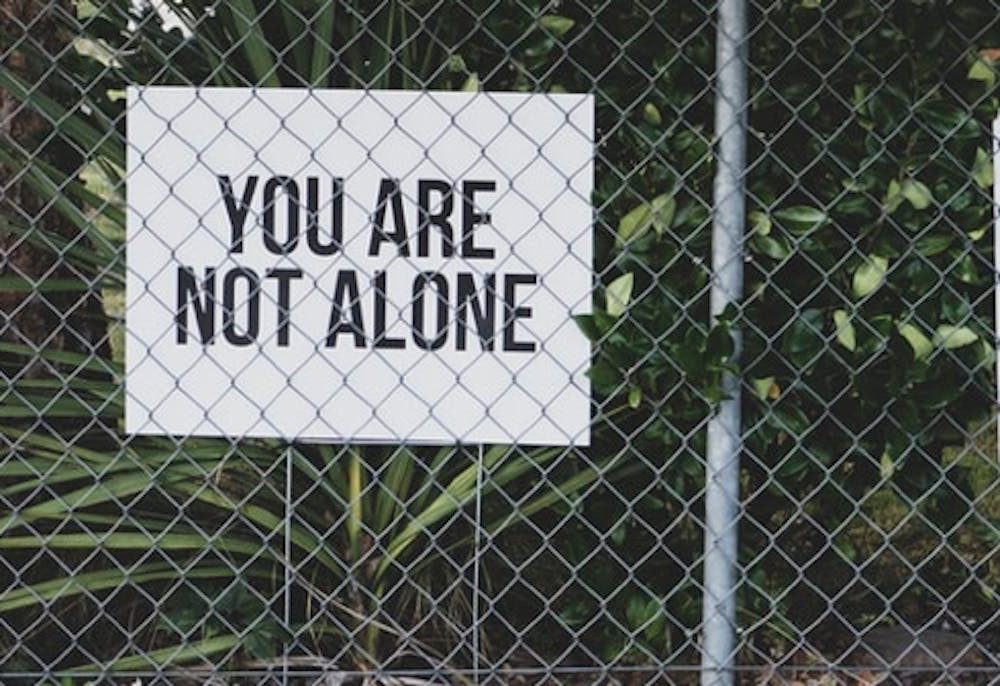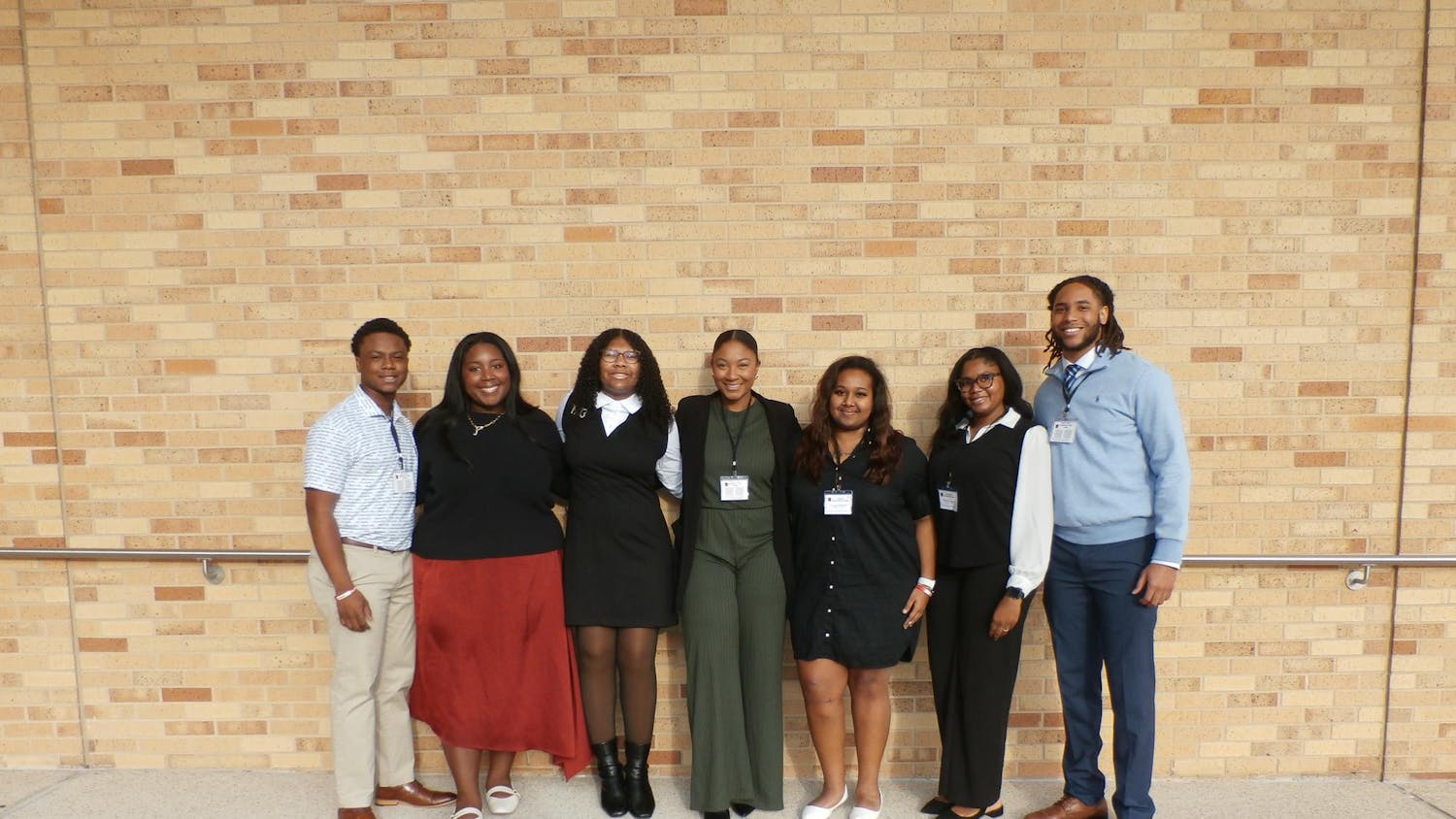In many parts of the country, citizens are being asked to stay inside to prevent further spread of COVID-19. This will last for the foreseeable future, and while it helps cut down on those infected by the disease, it still poses a different kind of threat: a threat to mental health.
According to a study by the Journal of Adolescent Health in 2018, 41% of college students self-reported having moderate or severe depression. In the same survey, 34% of undergraduates said they had moderate or severe anxiety.
For many people, socializing is an escape from the illness that plagues them. By keeping busy, it’s easier to not dwell on it. Or having someone to talk to, in addition to proving that they care, can make a world of difference for someone going through this.
In the time of social distancing, this becomes nearly impossible.
People are forced to stay inside with their thoughts, which could be incredibly dangerous for just under half of all students. This is, of course, on top of the stress that already comes with a global pandemic.
For those who feel isolated, for those who feel like they have been trapped alone with their thoughts, there are people and institutions who can help.
Auburn has decided to keep its Student Counseling Service hotline open throughout this period. The helpline is available 24 hours a day, seven days a week, for anyone who needs to talk through what they’re experiencing.
This is a commendable move by the University, and a good sign that the general well-being of its students is a top priority.
Safe Harbor will also remain open during this time. This University program provides students who are dealing with domestic violence or sexual assault access to a counselor. For some, lockdown requires them to stay with an abusive parent or partner. It’s essential that there are still services committed to helping even in these difficult times.
There are also national hotlines you can call for help.
Staying inside doesn’t mean you have to suffer in silence or that you are alone. As a community, we all have to go above and beyond to help our family, our friends and our neighbors.
We may not know what someone is dealing with inside of their home, but we can all still reach out and make sure they’re OK. This is difficult for everyone, but it doesn't have to be. In the same way that most of us have agreed to new social norms to prevent spreading this virus, we can work together to stay together during it too.
Captivity may mess with your mental state. It might be an abusive parent, relative or significant other. Maybe it's the long hours in a dark bedroom or having to be away from the friends you were laughing with less than a month ago. Or maybe, it's that little voice in the back of your head that no one else can hear.
Whatever it is, know that you don’t have to suffer in silence. You are not alone, and all of this social distancing will come to an end.
In the meantime, check in with your friends. Call them, Zoom them, hand-write long letters and then Snapchat pictures of them. Reach out to professionals when you need to, and reach out to the people you love when you can.
The way to beat this virus is by staying far away from each other. But that doesn't mean we can't still stay close.
Do you like this story? The Plainsman doesn't accept money from tuition or student fees, and we don't charge a subscription fee. But you can donate to support The Plainsman.





